Squash vine borers
LuvMyRazz
9 years ago
Related Stories
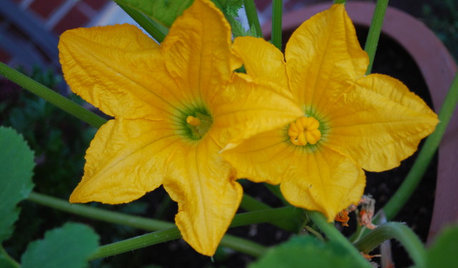
EDIBLE GARDENSSummer Crops: How to Grow Squash
Almost foolproof and with cheerful flowers, squash comes in a wide range of varieties to plant in spring
Full Story
PINK FLOWERSGreat Design Plant: Pink Trumpet Vine Heralds Vibrant Color
Announce your landscape beautification efforts with this flowering vine that perks up hot, dry gardens
Full Story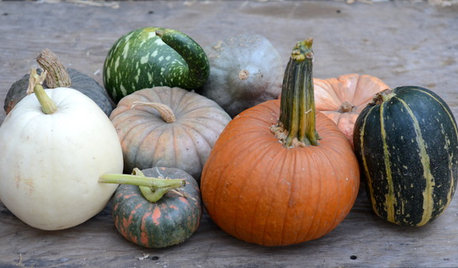
GARDENING GUIDESJoin Us for a Parade of Pumpkins
Fall eye candy: Get to know 9 winter squash varieties, including Long Island Cheese and Blue Hubbard
Full Story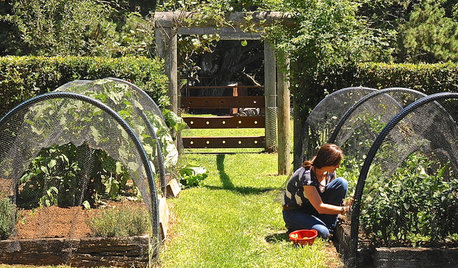
FARM YOUR YARDHouzz Call: Home Farmers, Show Us Your Edible Gardens
We want to see where your tomatoes, summer squashes and beautiful berries are growing this summer
Full Story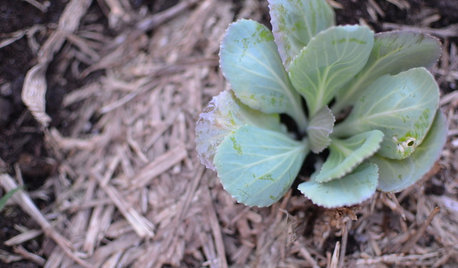
REGIONAL GARDEN GUIDESMid-Atlantic Gardener's September Checklist
Squash, anyone? Cool-season veggies are suiting up for the garden, while summer's last blooms are winding down
Full Story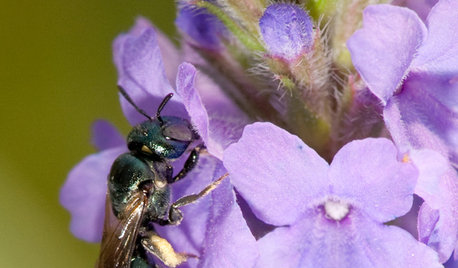
GARDENING GUIDESSmall Carpenter Bees Are Looking for a Home in Your Plant Stems
Provide flowers and nesting sites in your garden for this beautiful, tiny, metallic blue wild bee — your plants will thank you
Full Story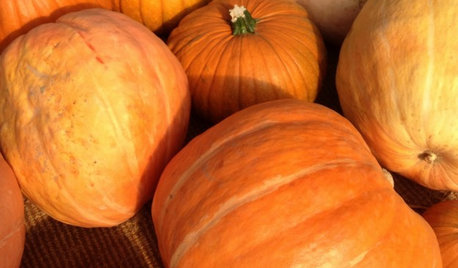
EDIBLE GARDENSSummer Crops: How to Grow Pumpkins
Start in spring to grow your own fall decorations and have plenty left for pies
Full Story
SHOP HOUZZShop Houzz: Everything You Need for Fall Gardening
Harvest your garden’s bounty and plan ahead for spring
Full Story0
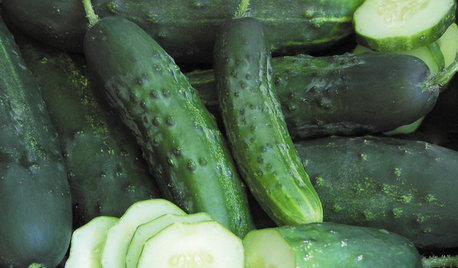
SUMMER FRUITS AND VEGETABLESSummer Crops: How to Grow Cucumbers
Pick a peck for pickles or opt for fewer and raw — no matter how you slice them, cucumbers are great for summer gardens small to large
Full Story
EDIBLE GARDENSGarden BFFs? Why Your Vegetables Are Begging for Companion Plants
Foster friendships among plants for protection from pests, pollination support and color camaraderie
Full StoryMore Discussions







theforgottenone1013 (SE MI zone 5b/6a)
sunnibel7 Md 7
Related Professionals
Franconia Landscape Architects & Landscape Designers · South Elgin Landscape Architects & Landscape Designers · Bethlehem Landscape Contractors · Cockeysville Landscape Contractors · El Sobrante Landscape Contractors · Louisville Landscape Contractors · Lynn Landscape Contractors · Mashpee Landscape Contractors · Milford Mill Landscape Contractors · New Providence Landscape Contractors · Suitland Landscape Contractors · Wailuku Landscape Contractors · Antioch Landscape Contractors · Cincinnati Driveway Installation & Maintenance · Ramona Driveway Installation & MaintenanceLuvMyRazzOriginal Author
digdirt2
glib